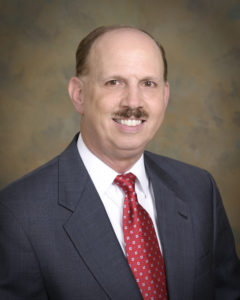Florida Surgeon, Device Company Owner Arrested For Paying Bribes, Kickbacks

On September 7, 2021, federal prosecutors announced the arrest of a Florida surgeon and owner of device company SpineFrontier Inc on charges of bribing surgeons to use products by paying sham consulting fees.
Accused in an indictment in Boston federal court for violating the federal Anti-Kickback Statute (AKS) and conspiracy to commit money laundering, is the company’s founder and CEO from Florida. Also charged in the indictment were the company’s chief financial officer from Massachusetts and the device company itself. The charges of AKS violations carry a maximum prison sentence […]


 By George F. Indest III, J.D., M.P.A., LL.M., Board Certified by The Florida Bar in Health Law
By George F. Indest III, J.D., M.P.A., LL.M., Board Certified by The Florida Bar in Health Law By George F. Indest III, J.D., M.P.A., LL.M., Board Certified by The Florida Bar in Health Law
By George F. Indest III, J.D., M.P.A., LL.M., Board Certified by The Florida Bar in Health Law

 By George F. Indest III, J.D., M.P.A., LL.M., Board Certified by The Florida Bar in Health Law
By George F. Indest III, J.D., M.P.A., LL.M., Board Certified by The Florida Bar in Health Law